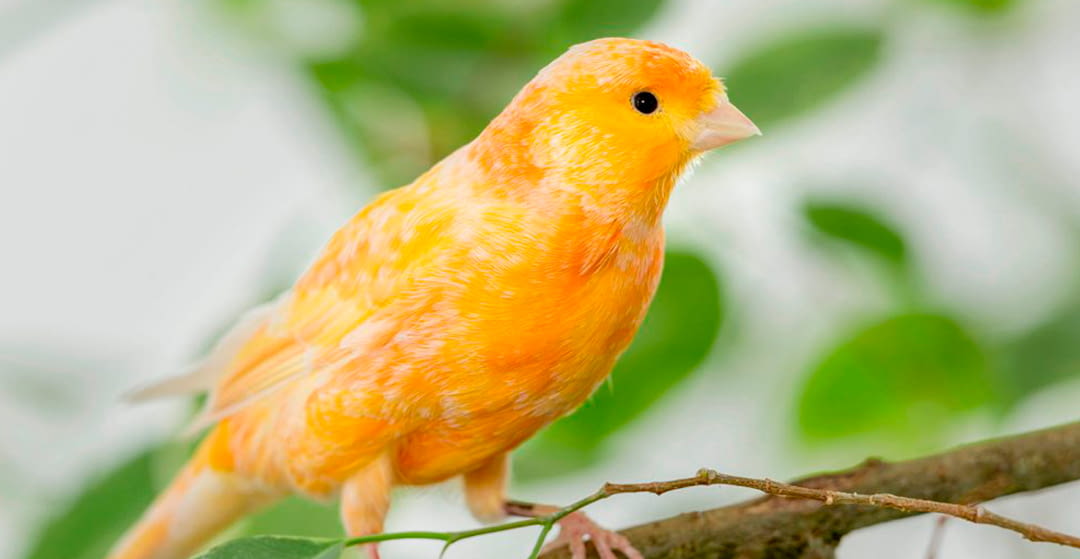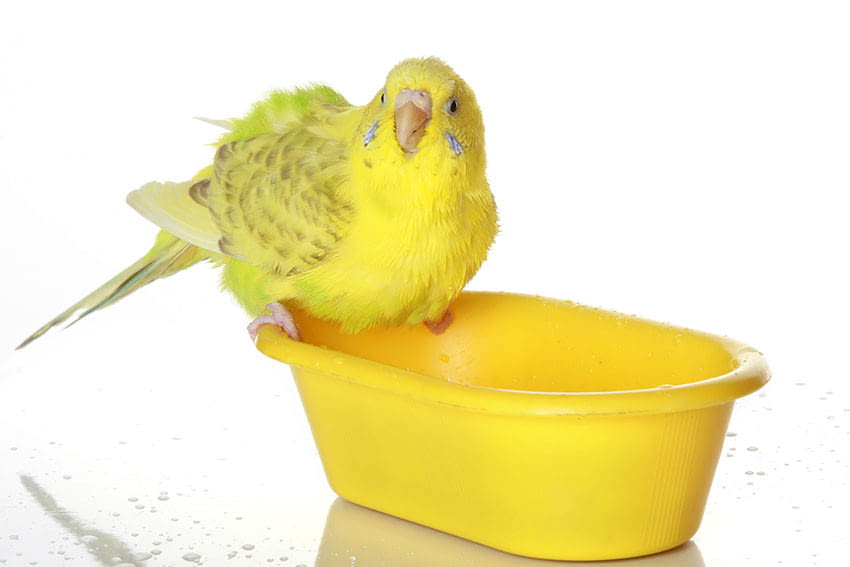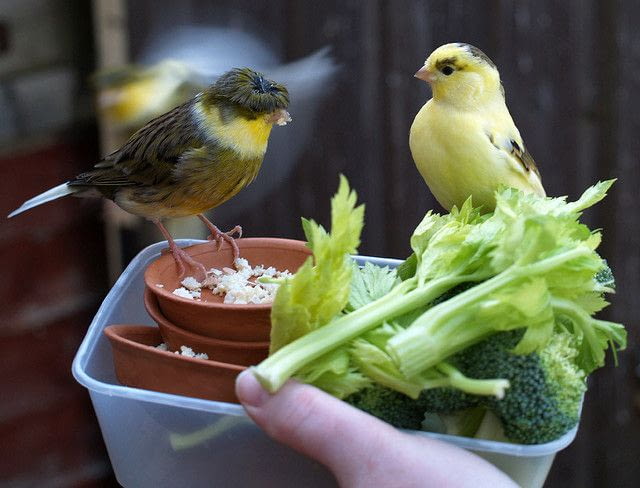
Canaries are one of the most common birds in Spain as pets.
These small birds have a very pleasant song and their sociable and docile character makes them ideal animals for children to have as their first pet and learn the responsibilities of having a pet. although they are easily stressed with the noises and you should be careful with this.
The domestic canary ("Serinus canaria domestica") is a subspecies of birds of the passeriform order that descends from the Canarian Serinus or wild Canary Islands, whose origin is the Canary Islands.
They are birds that take care of their own care, which makes them birds very easy to maintain. However, there are a number of curiosities about the Canaries that your customers may not know, these are some.
1.- Canaries are a symbol of the islands
Canaries are recognized by the Government of the Canary Islands as a symbol of this region.
2.- History of Canaries
Canaries were commonly used in coal mines to alert miners to the presence of harmful gases, so if the bird died or sang nervously, workers should immediately leave the place. Fortunately, this practice was banned in 1986.
3.- Canaries love cleaning
These birds tend to be a bit obsessive with cleanliness and hygiene, so they should always have at their disposal a small bathtub with fresh water.

4.- Extremely intelligent birds
Although popular belief says otherwise, canaries are very intelligent animals that can learn different tricks.
5.- Canaries are also inseparable
Canaries hate loneliness to such an extent that they can get sick and die if they spend too much time alone.
It is very important that if you have a canary as a pet it has enough stimuli in its cage to play and entertain. In addition, if you provide them with a companion you will discover how loving they are as a couple and how beautiful it is to watch them sleep cuddled and pampered.
6.- Canarian feeding
The diet of the canaries, apart from the canary, is based on fruits, berries, seeds and vegetables. It is recommended to vary your diet and offer them small pieces of fruits and vegetables in your feeder such as canons, endive, arugula, carrot, apple and cucumber.
In addition, it is convenient to put a cuttlefish bone in your cage so that you can sharpen your beak and provide an extra supply of calcium.

7.- Canarian singing
Canaries are the perfect pet for people who don't have much time or who have little mobility like the elderly, as their attractive singing is a very pleasant company.
Canaries make use of their singing to attract their partner and mark their territory. In addition, a curiosity that surely is not known is that the canaries usually "compose" new songs during the autumn, at which time their testosterone level is reduced, and they sing much more in spring to attract females.
8.- Females also sing
Although it was formerly believed that female canaries did not sing, in 2009 a study by Dutch researcher Tessa Hartog specified that certain levels of testosterone can make females sing canary.
9.- How long does a canary live?
The life expectancy of the Canaries depends on the environment in which they are, so a well-kept Canary can last between 8 and 14 years.
10.- The Canaries are silent in the molting season
If one day the Canarian stops singing, don't be afraid. These birds often stop singing during the molting season.
This process, which usually starts in the summer and lasts about eight weeks, is quite tiring for the bird, so it will sing less and require more peace of mind.



